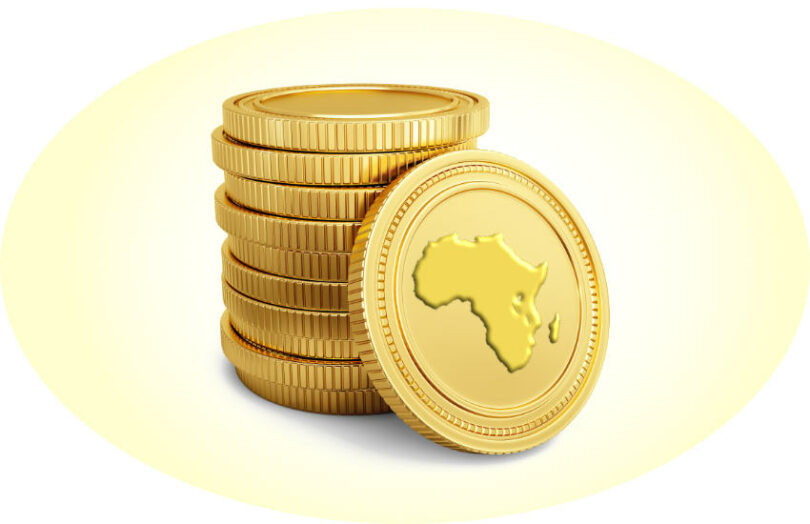Today the Bank for International Settlements (BIS) published a paper on central bank digital currency (CBDC) in Africa, highlighting that motivations differ from other emerging market countries.
In terms of progress, Nigeria has launched its eNaira retail CBDC, Ghana is in the pilot phase and South Africa ran a pilot for a wholesale CBDC.
Mobile money is the dominant form of digital payment in Africa, led by Kenya’s M-Pesa. These systems enable faster payments but half of the 19 African central banks believe that CBDC would provide a better solution.
The prevalence of mobile money provides an important backdrop regarding CBDC motivations, highlighting why person-to-person payments are not a high priority. Africa accounts for two thirds of mobile money transactions globally.
The number one CBDC motivation amongst the 19 African central banks is to provide central bank digital cash, followed by better financial inclusion and as a tool for implementing monetary policy. Using programmable money scored very low as a priority.
The top three concerns about deploying a digital currency are cyber security risks followed by worries about disintermediating banks and whether or not a CBDC will gain traction with consumers.
Overall the BIS assessed the African continent as slower moving in CBDC deployment compared to other parts of the world.
Meanwhile, at a recent summit of sub-Saharan African central bankers, the topic of CBDC for cross border remittances was discussed. South Africa has already been involved in cross border research as part of Project Dunbar, a multi-CBDC project with the central banks of Singapore, Malaysia and Australia.












 All while Pfizer—a company with a $2.3 billion criminal fine for fraudulent marketing, bribery, and kickbacks—was given blanket immunity from liability and billions in taxpayer dollars to produce a vaccine in record time with no long-term safety data.
All while Pfizer—a company with a $2.3 billion criminal fine for fraudulent marketing, bribery, and kickbacks—was given blanket immunity from liability and billions in taxpayer dollars to produce a vaccine in record time with no long-term safety data.
























